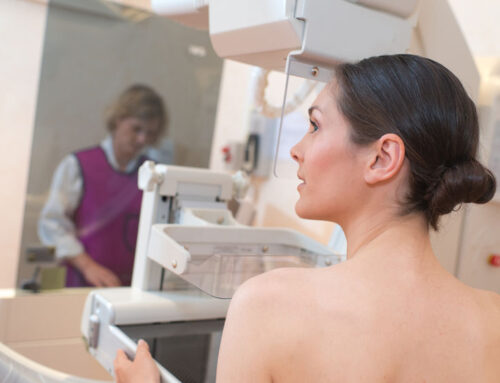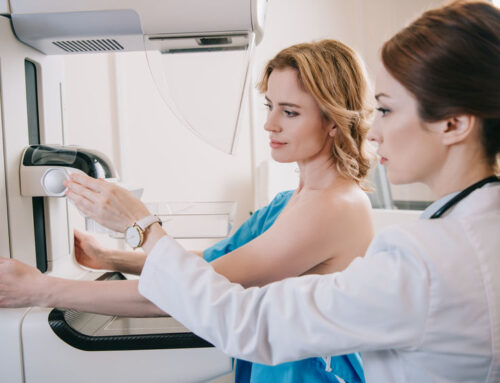What Are Well-Woman Visits?
Well-woman visits are crucial for staying in good health. During these visits, doctors provide essential screenings for early disease detection. What screenings a woman needs depends on age and personal risk factors. Here’s how screenings change throughout a woman’s lifetime.

What to do in your 30s
Many young people skip going to the doctor. Even if a woman feels healthy, an annual exam is a crucial opportunity to prevent future problems. For example, health issues like high cholesterol or high blood sugar often don’t have symptoms in early stages. Getting regular screenings is the only way to detect certain health problems.
In a woman’s 30s, standard screenings and services include:
- Blood pressure screenings
- Blood sugar readings
- Cholesterol screenings
- Dental and eye exams
- Immunizations, such as getting an annual flu shot or getting the tetanus booster every 10 years
- Cervical cancer screenings in the form of Pap tests
Starting in your 40s
When a woman reaches age 40, many of these screenings continue as usual. Blood pressure readings, cholesterol tests, and eye exams are lifelong needs. Women who have a high risk of breast cancer may start mammograms in the 40s. However, not all women need these tests. In the 40s, women should also start regular diabetes screenings. If there are no diabetes risk factors, the standard screening schedule is every 3 years. Doctors may recommend more frequent screening if a woman has diabetes risk factors.
Starting around age 45, women also need to start colorectal cancer screenings. Women may have colonoscopies, fecal immunochemical tests, or flexible sigmoidoscopies. The exact screening schedule and option depends on each woman’s risk factors and health history.
Your 50s and beyond
After the 50th birthday, women need a few more screenings to stay in optimal health. If a woman over 50 has a history of bone fractures, the time has come to start regular bone scans for osteoporosis. Women who have a history of smoking also need to start lung cancer screenings. Vaccine requirements also change as women get older. Women over 50 may need a vaccine for shingles or herpes zoster.
Older women should also start more frequent eye exams. A healthcare provider may recommend yearly eye exams, especially if women have a risk for glaucoma or other vision problems. Throughout a woman’s 50s and beyond, most of the regular health screenings should continue.
Good health throughout your life
Finding a trusted healthcare provider is crucial for continuing lifelong good health. A healthcare provider can offer personalized recommendations for health screenings and risk reduction. Find a well-woman provider to take the first step to excellent health throughout the years.




